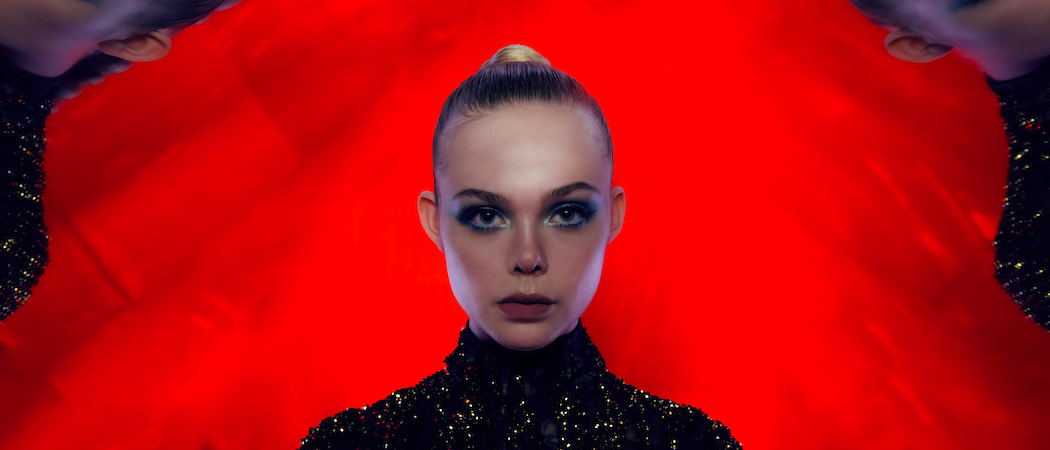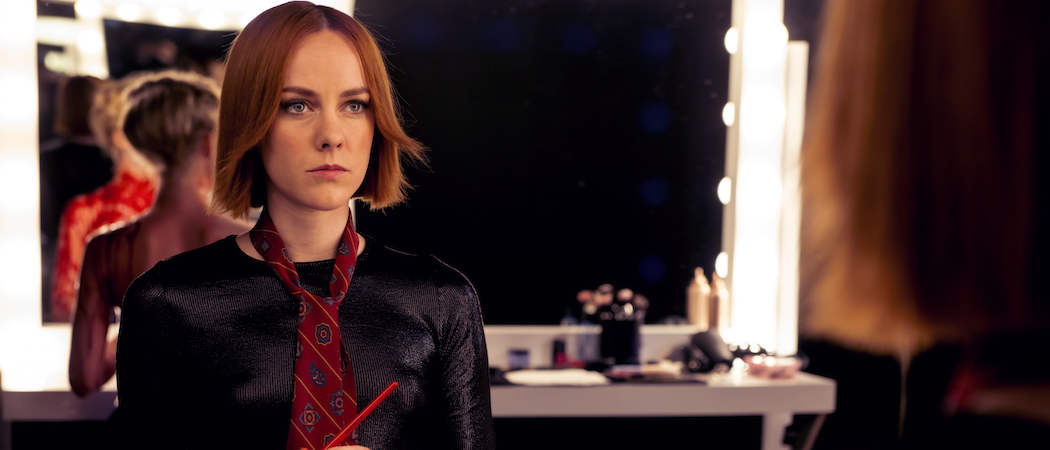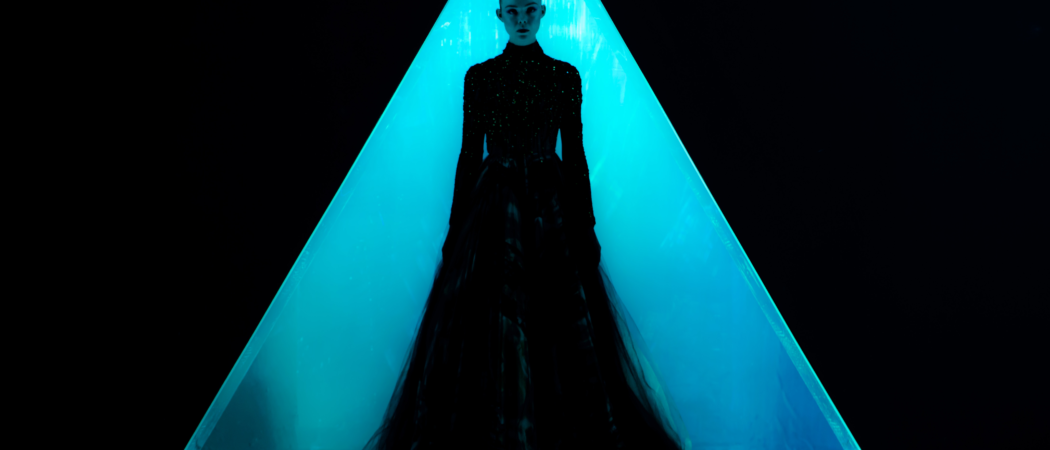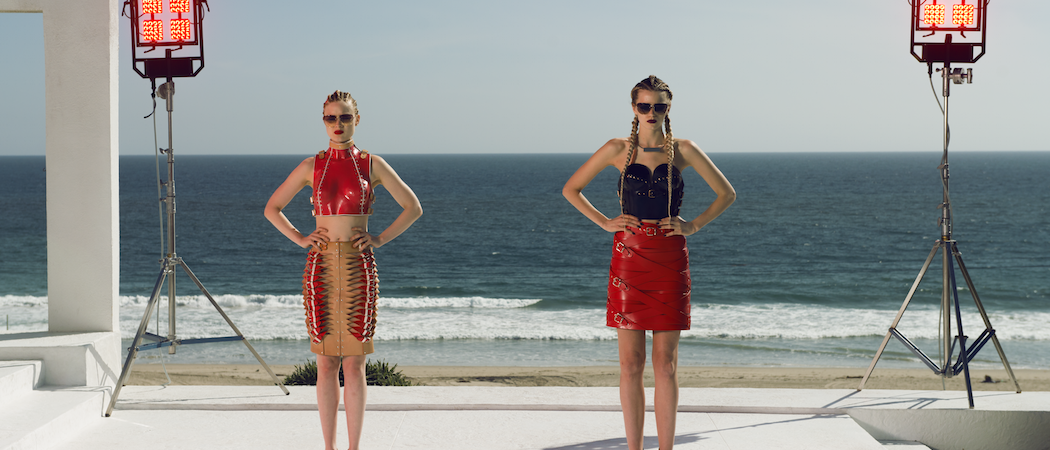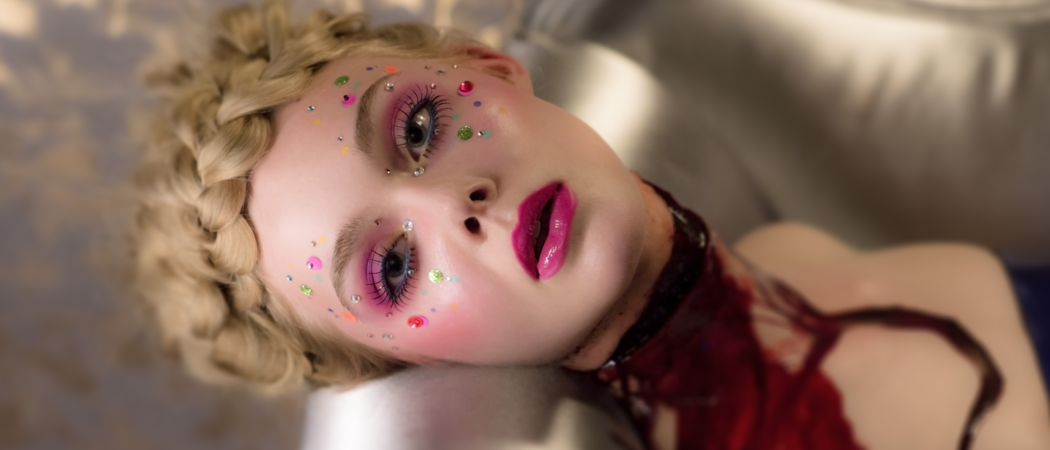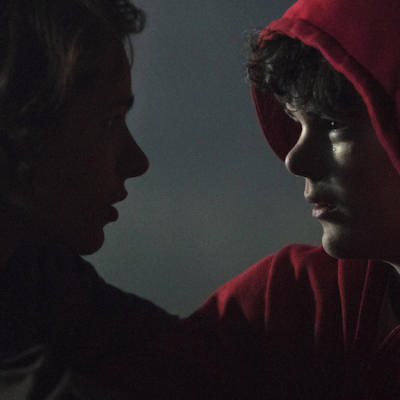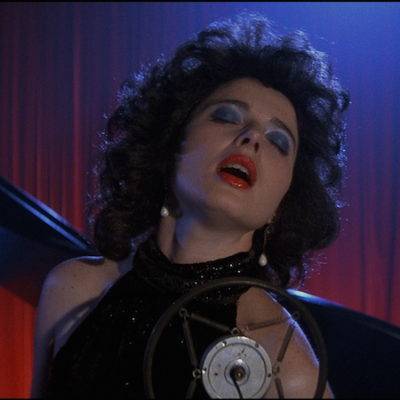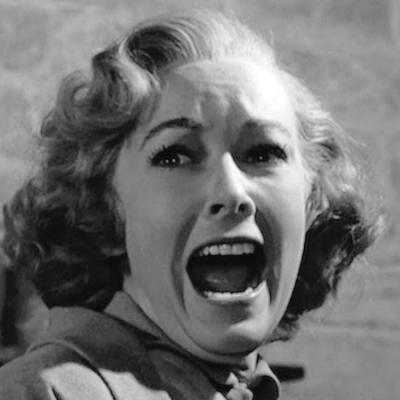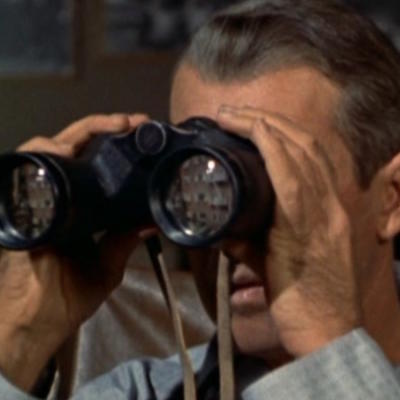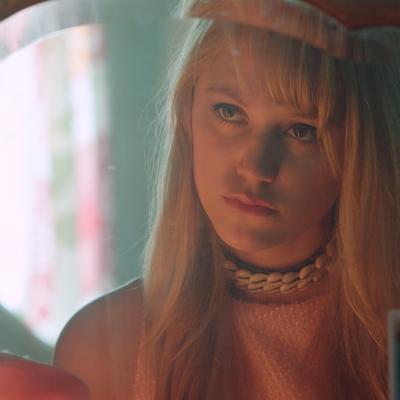Since making his commercial and artistic breakthrough in 2011 with Drive, Danish filmmaker Nicolas Winding Refn has become one of the most divisive filmmakers currently working. Unfortunately, his latest, the self-indulgent The Neon Demon, may push even some of his most ardent defenders over the line. The hallucinatory thriller undercuts its own good intentions, and in the end is equally fascinating and repulsive.
The film stars the doe-like Elle Fanning as Jesse, a young woman who has come to L.A. to find work as a model. Most people she meets are enamoured with her look, but she finds herself slowly entering a strange underworld tainted by self-loathing, narcissism, covetousness, and most of all, jealousy. Rounding out the central cast are Australians Bella Heathcote and Abbey Lee as intimidating models Gigi and Sarah, Jena Malone as the apparently friendly make up artist Ruby, and Keanu Reeves as sleazy motel owner Hank.
The film is very clearly intended to be a narrative about the effects of the male gaze on women's body image, and the pursuit of unobtainable perfection. It's a noble cause, but The Neon Demon is bogged down by being somehow at once both clumsily obvious, and stubbornly oblique. It starts off strong, drawing viewers into the bizarre realm of eerie perfection that Jesse is thrust into, but quickly loses its way.
One of the only reasons that it is possible to sit through the film's two-hour runtime is the cinematography. Natasha Braier's sumptuous work is suffused with deep reds and purples that leap from the screen, and makes brilliant use of oblique lighting and negative spaces, particularly in the film's numerous dream sequences. Hand in hand with the thumping, glistening score by Cliff Martinez, the film's visuals have a rhythm and cohesion that is utterly compelling even when the narrative is not.
In fact, the narrative barely exists at all. Keanu Reeves, who can be wooden even at the best of times, gives a performance that suggests he was aware of how utterly pointless his character is. Even when a performance is great, as Elle Fanning's, Jena Malone's, and especially Abbey Lee's are, their efforts are frustratingly unsatisfying because they don't seem to add up to anything. Somewhat ironically, this treatise on the artificiality of exterior beauty lacks any depth at all.
Though The Neon Demon seems to be at heart a distinctly feminist film, it is constructed in such a way that it becomes the opposite. The film exploits women and their bodies so egregiously and that some scenes read as particularly artful softcore porn, and as the film rushes toward its shocking climax it becomes baffling, bizarrely homophobic, and downright repulsive, indulging in attempted rape, murder, necrophilia, and cannibalism.
No matter how it's dressed up, there's no pleasure in seeing women abused, tortured, and pitted against one another. Those who are drawn to the morbid and depraved may find something to enjoy here, and anyone with an appreciation for great cinematography and the art of film music will see the redeeming qualities of The Neon Demon. Ultimately, though, film is more than just an audiovisual medium, and without a good story, there's really nothing to see here.
The Neon Demon opens in Australian cinemas on Thursday October 20th.
